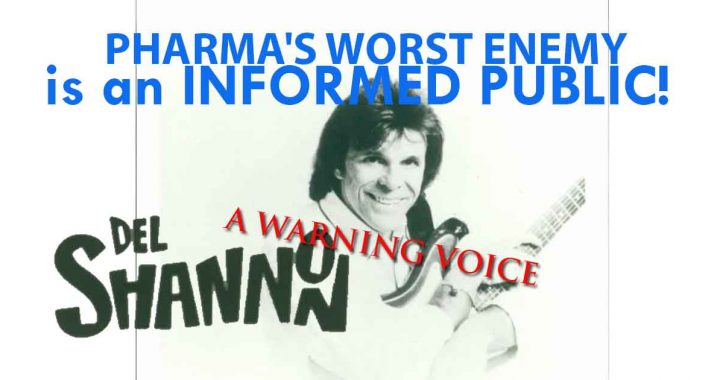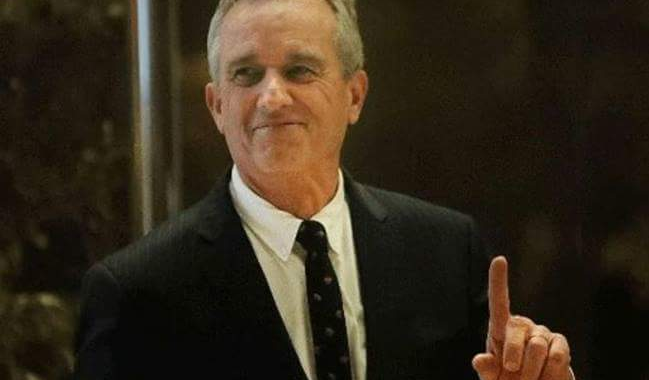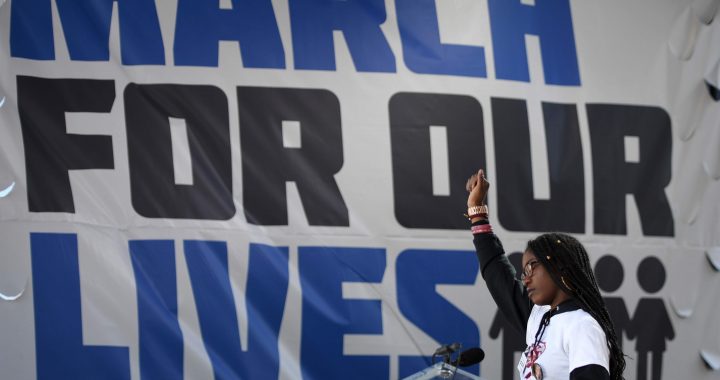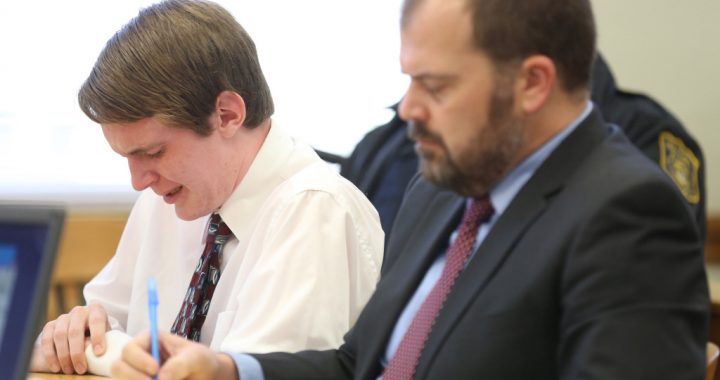
Australian Doctors Are Depressed, Stressed –
Having A Four Times Greater Rate of Suicidal Thoughts Than the Normal Population!!!
We have already posted months ago that 25% of the Australian Parliament admit to taking antidepressants. But what are their doctors taking? Apparently the same drugs they are doling out to their patients – antidepressants. Look at the following stats from this research:
“Oncologists are the most psychologically distressed specialists, while doctors who do not deal directly with patients think about suicide most often.
“One in five medical students and one in ten doctors have had suicidal thoughts in the previous 12 months, compared with one in 45 people in the wider community, according to the report.
“Based on responses to the survey, more than a quarter of doctors are likely to have a minor psychiatric disorder like mild depression or mild anxiety, which is much more than the broader community.
‘Although many doctors are embarrassed to admit they have a problem, they are more likely to seek help than the general population.” [Of course that means, as I have said before, they are more likely to be “medicated” for these problems than the normal population.]
[And you have to love this line!!!] “Doctors are role models. They lead by example and will encourage other members of the population to seek help early.” In that line you find the reason for this survey and the push by this Australian group to get more doctors “medicated” for their mental illness.” In doing so they know that, just as any drug user in the street, they will recommend the same drugs to others. The group, called Beyond Blue, appears to be a carbon copy of our US counterpart, NAMI (National Alliance for the Mentally Ill) – a group almost fully funded by Pharma (75%) to encourage family members to keep their loved ones on the medications they are on.
Just a couple of weeks ago I sent out a post containing many cases of medical professionals or their family members here in the States involved in murders or murder/suicides associated with their use of or possible use of antidepressants. I also stated that in my experience of gathering cases for our database at www.ssristories.drugawareness.org medical and psychological professionals by far make up the largest single group facing serious problems with antidepressants and antipsychotics.
And as shocking as the percentages are out of Australia I would say they are certainly conservative figures next to ours because in 2007 a TV camera crew came from Russia to interview me. At the last minute they let me know that they wanted to film me giving a lecture. So we quickly put out some flyers and decided to have the lecture right at my home. We packed the place with only a days’ notice with about 50 people coming from as far as 7 hours away…I say that only to point out how very many there are facing problems with these drugs.
After my lecture one of the two psych nurses who attended stood to say they never get to hear what I had shared with them that evening but she personally knew it was true because she was on Lexapro and having all the reactions I had mentioned. She then said that 75% of the doctors and nurses she worked with are taking antidepressants!!!!! She explained that the drug reps were telling them they are in a very stressful profession and they need to “nip in the bud” the depression that would surely follow all that stress. An old but successful sales line.
Keep in mind that if stress leads to depression and doctors are in a stressful profession antidepressants would be the last thing they would need since elevated levels of cortisol are what indicate stress while a study done by the makers of Prozac (Petralgia 1984) found that taking one single 30 mg dose of Prozac will DOUBLE cortisol levels thereby DOUBLING stress levels. Although that is the only one we have studies to indicate this increase it can be expected in all SSRI and SNRI antidepressants as the drastic cortisol increase is linked to the increased serotonin.
WARNING: In sharing this information about adverse reactions to antidepressants I always recommend that you also give reference to my CD on safe withdrawal, Help! I Can’t Get Off My Antidepressant!, so that we do not have more people dropping off these drugs too quickly – a move which I have warned from the beginning can be even more dangerous than staying on the drugs!
The FDA also now warns that any abrupt change in dose of an antidepressant can produce suicide, hostility or psychosis. And these reactions can either come on very rapidly or even be delayed for months depending upon the adverse effects upon sleep patterns when the withdrawal is rapid! You can find the CD on safe and effective withdrawal helps here: http://store.drugawareness.org/
Ann Blake Tracy, Executive Director,
International Coalition for Drug Awareness
www.drugawareness.org & http://ssristories.drugawareness.org
Author: ”Prozac: Panacea or Pandora? – Our Serotonin Nightmare – The Complete Truth of the Full Impact of Antidepressants Upon Us & Our World” & Withdrawal CD “Help! I Can’t Get Off My Antidepressant!”
Original article:
Aussie Doctors Are Depressed, Stressed
More than a quarter of doctors are likely to have a minor psychiatric disorder and one in ten has had suicidal thoughts, according to a major study.
Source AAP
Doctors are far more depressed and stressed than other Australians, with a disproportionate number having suicidal thoughts, according to a major study.
Students and doctors aged under 30, particularly women, are at most risk of suicidal thoughts and mental illness, according to the survey commissioned by mental health charity beyondblue.
Oncologists are the most psychologically distressed specialists, while doctors who do not deal directly with patients think about suicide most often.
One in five medical students and one in ten doctors have had suicidal thoughts in the previous 12 months, compared with one in 45 people in the wider community, according to the report.
Based on responses to the survey, more than a quarter of doctors are likely to have a minor psychiatric disorder like mild depression or mild anxiety, which is much more than the broader community.
Although many doctors are embarrassed to admit they have a problem, they are more likely to seek help than the general population.
This is a good sign, says Dr Mukesh Haikerwal, former Australian Medical Association president and chair of the beyondblue doctors mental health program.
“It is a step towards removing the stigma from mental illness.
“Doctors are role models. They lead by example and will encourage other members of the population to seek help early.
“There is great resilience within the medical profession but doctors do fall into depression and anxiety and must get early treatment and intervention,” he says.
The Roy Morgan survey, which was completed by more than 14,000 doctors and medical students, shows men work longer hours and engage in more risky drinking, but women doctors are more distressed and think about suicide more often.
Perceived stigma is rife, with four in 10 agreeing that many doctors think less of doctors who have experienced depression or anxiety.
Just under five per cent list bullying and 1.7% list racism as a cause of stress.
Kate Carnell, the CEO of beyondblue, says the survey identifies the challenges the medical community faces and outlines how they can be tackled.
“This includes initiatives such as a mental health strategy for the Australian medical community, guidelines around working hours and better mental health education in universities to reduce stigma.
“If doctors do not deal with the mental health issues they are experiencing it can affect their ability to deliver the best care,” she says.
http://www.sbs.com.au/news/article/2013/10/08/aussie-doctors-are-depressed-stressed




